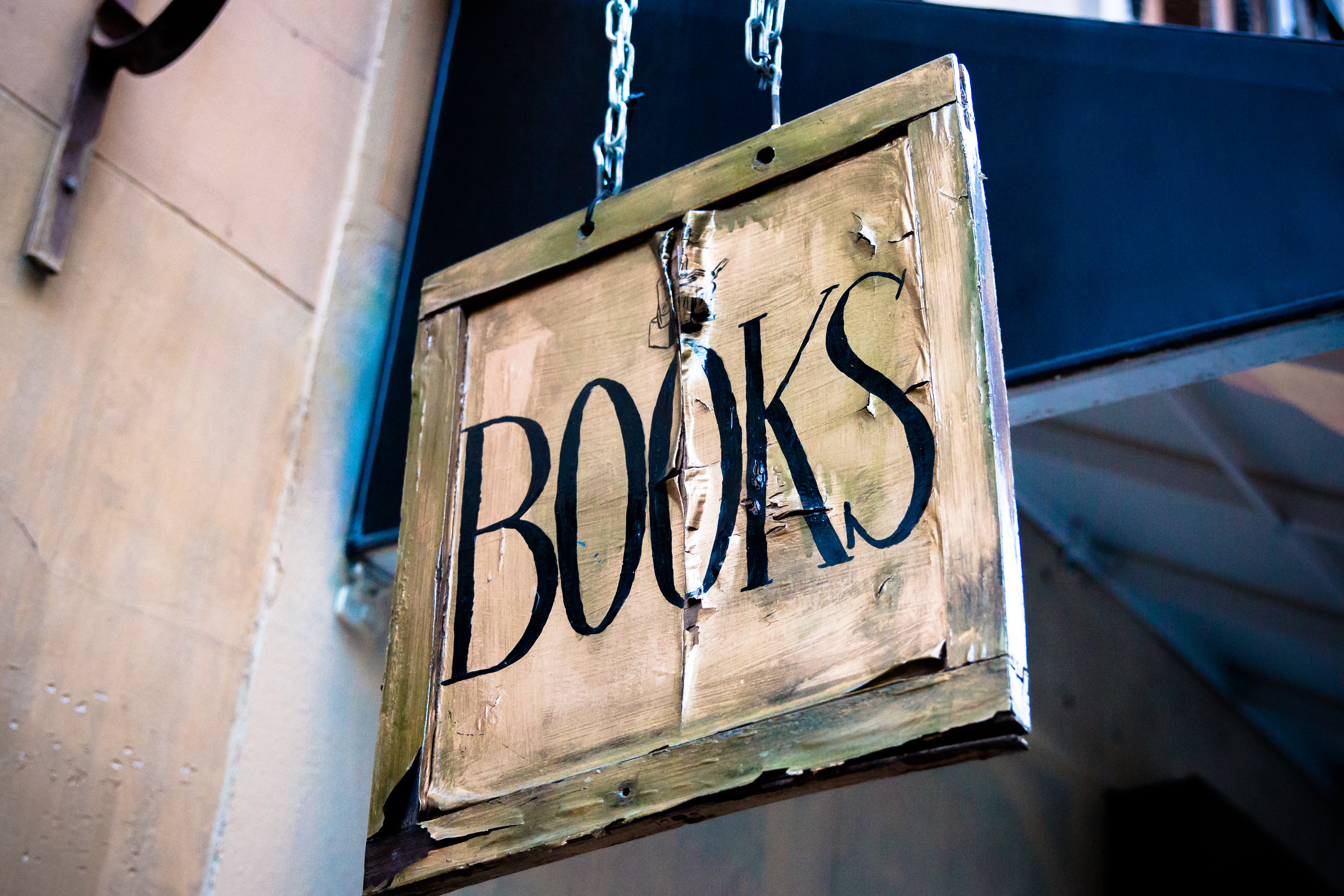
As a fiction writer, you’ve no doubt pondered the question on the minds of many modern scribes--do I self-publish my labor of love or do I take my chances with a traditional publisher?
Like everything in life, both traditional and self-publishing come with their own pros and cons. Self-published authors love the creative control and higher royalties, while traditionalists tout the benefits of success with mainstream publishing houses. However, no one knows which choice will suit you best except you, and you can only make a sound decision if you are well informed. So grab a cup of tea, snuggle up, and let’s dive into the pros and cons of self-publishing and traditional.

Self-Publishing: The Basics
Self-publishing, simply put, is publishing a book on your own at your own expense. You will be in charge of your own editing, formatting, cover design, marketing, and releasing. Some authors choose to hire an editor and/or a cover design artist to help if it suits their needs and budget. After writing the book, you will then need to find a platform on which to publish your book, like Kindle Direct or Barnes and Noble Press. Let’s take a look at some of the pros and cons of self-publishing so you can see if this way of publishing is right for you.
Self-publishing pros:
- You keep 70-80% of profits. Cited as one of the top reasons to publish your own books, higher royalties tops the list. Because you cut out the “middlemen” you pocket those extra savings. And while publishing platforms do take a percentage, it is substantially lower than branded publishing houses.
- Freedom and control of your work. As a self-publisher, you’re the boss, and you keep all the rights to your work. You can find your own cover artist, editor, book distributor, and launch team, or you can take control and do it all yourself if you want to keep total control. Another big one: you control the price of your book, and you decide when to have sales and promotions. You can also control your objectives: i.e., what is the goal of your self-publishing journey? Are you fulfilling a lifelong dream of becoming a published author? Do you want to make extra money, maybe start a new career? If you are your own boss, you control the objectives and outcomes.
- Guaranteed publishing. If you are publishing your own book, you make your own timeline. Traditional publishing of one book can take up to two years, but self-publishing usually takes less than a year for many writers to publish ebooks (it may take a bit longer for physical printing, however). If you are publishing an ebook, publishing is also instant!
- Self-publishing may help land an agent--and a book deal. If you self-publish a book and it does very well, a large publishing house will more likely notice you because you garnered your own success, which is no small feat.
- You determine your own success. Instead of a large corporation deciding your fate, your success in your own hands. If you have an entrepreneurial spirit, self-publishing may be perfect for you.
- Write and publish as much as you want. Many writers love the freedom that comes with setting their own deadlines, planning their own release dates, and releasing as often as they want, a freedom that is lost with a large publishing company.
- Supportive online community. Because writing is such an isolated venture, many writers love the community they find amongst other indie writers on social media platforms like Twitter, Instagram, or Facebook, to name a few.

Self-publishing cons
- Higher overhead and upfront costs. If you are self-publishing a physical book, your overhead and upfront costs will be higher than a traditional publishing house. Ebook authors will mostly incur upfront costs if you hire any outside services like an editor or cover artist, but you won’t have the overhead costs of printing.
- You have to do all the work. While some people relish the idea of complete creative and financial control, some people see this as a negative. It does take a lot of work to self-publish, so if you don’t have the drive to see it through, traditional publishing may be a better choice.
- Creating and maintaining a loyal fan base. Growing a loyal fan base takes time, dedication, and consistent content on social media platforms. If this isn’t your strong suit, this may feel like a burden to you.
- Possibly fewer sales. Without the marketing expertise and name recognition of a big publishing house, you may initially struggle in sales.
While the pros may seem to outweigh the cons with self-publishing, it’s best to look at all options before making a decision. Next, let's take a peek at traditional publishing and see how it stacks up against the indie competition.

Traditional publishing: The Basics
Before the days of online self-publishing, authors would have to submit a manuscript to a large publishing house, often located in New York City, hoping to land a contract and get their book to the masses. This usually requires an agent to help you make the shortlist so your voice won’t be drowned out by the seemingly endless sea of competition.
Traditional publishing pros
- Experienced team of people. When publishing with a well-known publisher, you’re getting the perks of a whole team of experienced professionals to see you through every step of the publishing process. Editors, cover artists, book distributors, and a marketing team will take care of everything--all you do is create the masterpiece.
- You have perks of the brand from the publisher. With a big brand, you will get more name recognition and more sales with corporate marketing. Having a big publisher’s name writ across the spine of your new tome is also an instant way to gain credibility as a writer and possibly increase your fan base exponentially.
- Avoid overhead costs. Because the publisher foots the bill for everything, you don’t pay anything up front. However, you do pay for this in lower royalty percentages.
Traditional cons
- Keep only 10-20% profit. Because you have a team of professionals working on your book, most of your profits will go towards paying for your team’s services.
- Very competitive. Publishers only market 1 or 2 books per year out of the millions published. This means it is very difficult to get published, and even more difficult to make bestseller lists and publish future titles.
- Most writers have to market even with traditional publishers. Even with possible national marketing, some authors find they still need to market to their current fan base as well as gain new readers on their own online, which may require purchasing social media ads and paying for website hosting to be successful.
- Must have an agent. Because the number of submissions is so high, many publishing houses will only read a manuscript if submitted by an agent representing the writer, which means out-pocket costs for you. Getting signed on with an agent is also a difficult task as well.
- More formal and time-consuming. If you want to publish within a year, look to self-publishing, as traditional publishing can take up to two years after the initial query letter.
- You may lose creative control. If you don't read your book contract carefully, you may inadvertently sign away editing rights, meaning the editing team may completely transform your book into something completely different.
- No guarantees. Even if you land a contract, there is still no guarantee your book will sell, even after years of work to write and publish it.

As you can see, there are pros and cons to both forms of publishing. If you want to remain in complete control of your work, keep most of your profits, and don’t mind the elbow grease it takes to publish your own book, self-publishing is the way to go. If you prefer a more hands-off approach other than the actual writing, traditional publishing may be the answer. No matter which publishing method you choose, the most important part of the whole process is writing the book. As author Richard Bach once said, “a professional writer is an amateur who didn’t quit.”